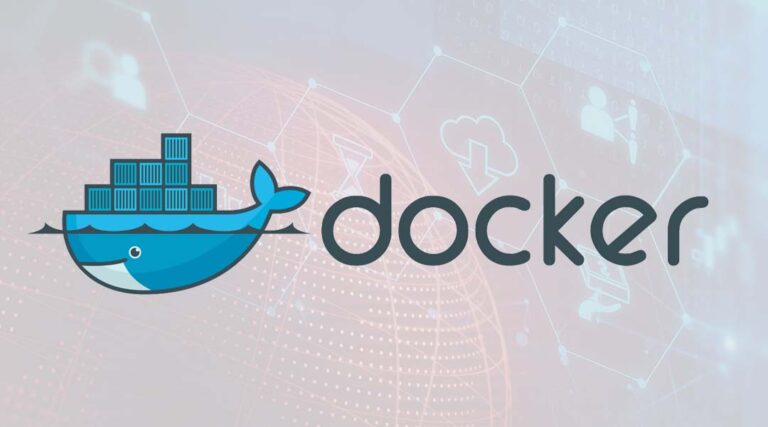
Docker shipped Docker Enterprise 2.1 this week, promising to extend the life of Windows Server applications that are up to a decade and a half old.
Support for Microsoft Windows 2008 is due to end in 2020, and support for 2003 ended in 2015 – but that doesn’t mean there aren’t countless companies and government agencies out there who don’t still rely on software written for the now decidedly creaking OSes.
However, Docker is promising to “end painful app upgrades for ever “without recoding” with Enterprise 2.1, through its Windows Server Application migration programme. The container firm says the programme will allow organisation to pack Server 2003 and 2008 apps into containers, which will then run on modern flavours of the OS, from 2016, 1709, 1803 and the putative 2019.
It’s worth pointing out that this is a programme, not a product, and as such consists of both tools and services for the discovery and conversion of those old applications, including Docker Application Converter and Docker Certified Infrastructure.
The newer versions of Windows Server mean smaller image sizes, and from 1709, multiple Windows Server versions can be deployed, and expanded support for Swarm-based routing mesh capabilities.
In a canned statement, Chief Product Officer for Docker, Scott Johnston said. “Through this program many customers experience a 50 percent reduction in the total cost of ownership (TCO) of applications using Docker Enterprise, freeing up budget for strategic IT initiatives such as cloud migration or edge computing.”
In something of a footnote, it adds 2.1 “gets updated with Kubernetes 1.11 and support for pod autoscaling among other new Kubernetes features
A range of new out of the box dashboards is included, and 2.1 adds support for SAML 2.0 authentication, FIPS 140-2 validation, and detailed audit logs.
